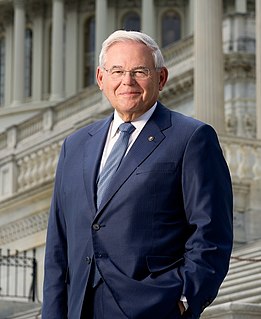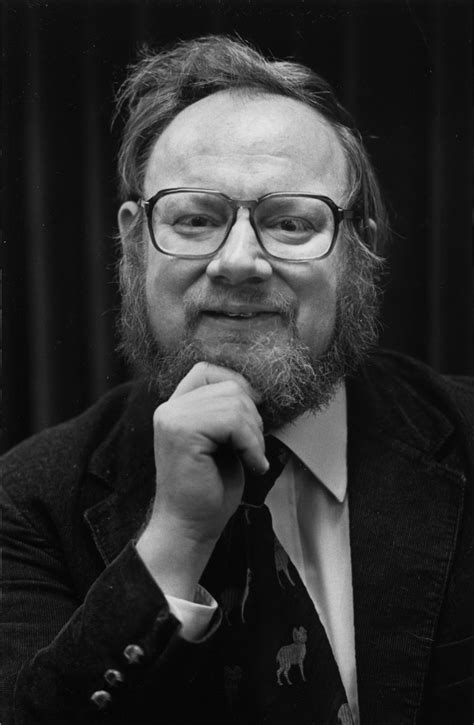A Quote by Forest Whitaker
I was trying to capture this man's [Idi Amin] energy, and I did a lot of research in studying him. I tried to capture his 'Warrior King' energy inside of me as much as possible.
Related Quotes
There are a lot of different ways of building a prosperous society, and some of them use much less energy than others. And it is possible and more practical to talk about rebuilding systems to use much less energy than it is to think about trying to meet greater demands of energy through clean energy alone.
I submerged myself in all the information that I could find about Idi Amin. I mean, before I left Los Angeles, I was studying Kiswahili. I was working on the dialect. I was studying every documentary and tape of him that I could find - not just visual, but also audiocassettes, even in other languages when he was speaking in other dialects.
It isn't that a warrior learns shamanism as time goes by; rather, what he learns as time goes by is to save energy. This energy will enable him to handle some of the energy fields which are ordinarily inaccessible to him. Shamanism is a state of awareness, the ability to use energy fields that are not employed in perceiving the everyday-life world that we know.
I love John F. Kennedy. My mother had been a worker on his campaign and adored him. I was just a kid when he was around. I did a lot of preparation, a lot of research. I can't do him... I sort of get a slight Boston accent, and I tried to get his rhythm. My only fear was that I was too old to play him, because I was much older than he was when he died, so I was concerned about that. But it was one of those, "Oh what the hell, I'm doing this. It's a great part, and I'm going for it."
As a general rule, man strives to avoid labor. Love for work is not at all an inborn characteristic: it is created by economic pressure and social education. One may even say that man is a fairly lazy animal. It is on this quality, in reality, that is founded to a considerable extent all human progress; because if man did not strive to expend his energy economically, did not seek to receive the largest possible quantity of products in return for a small quantity of energy, there would have been no technical development or social culture.
































